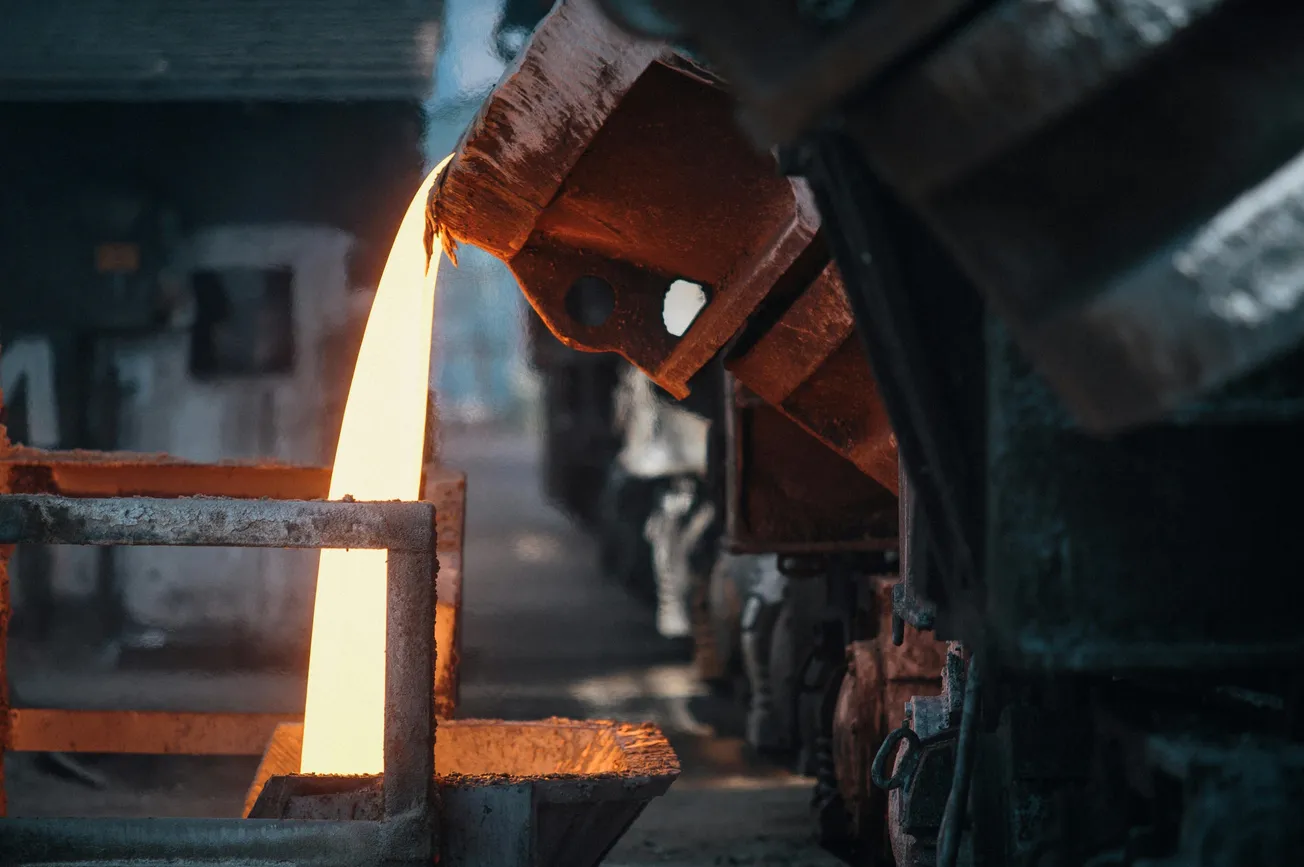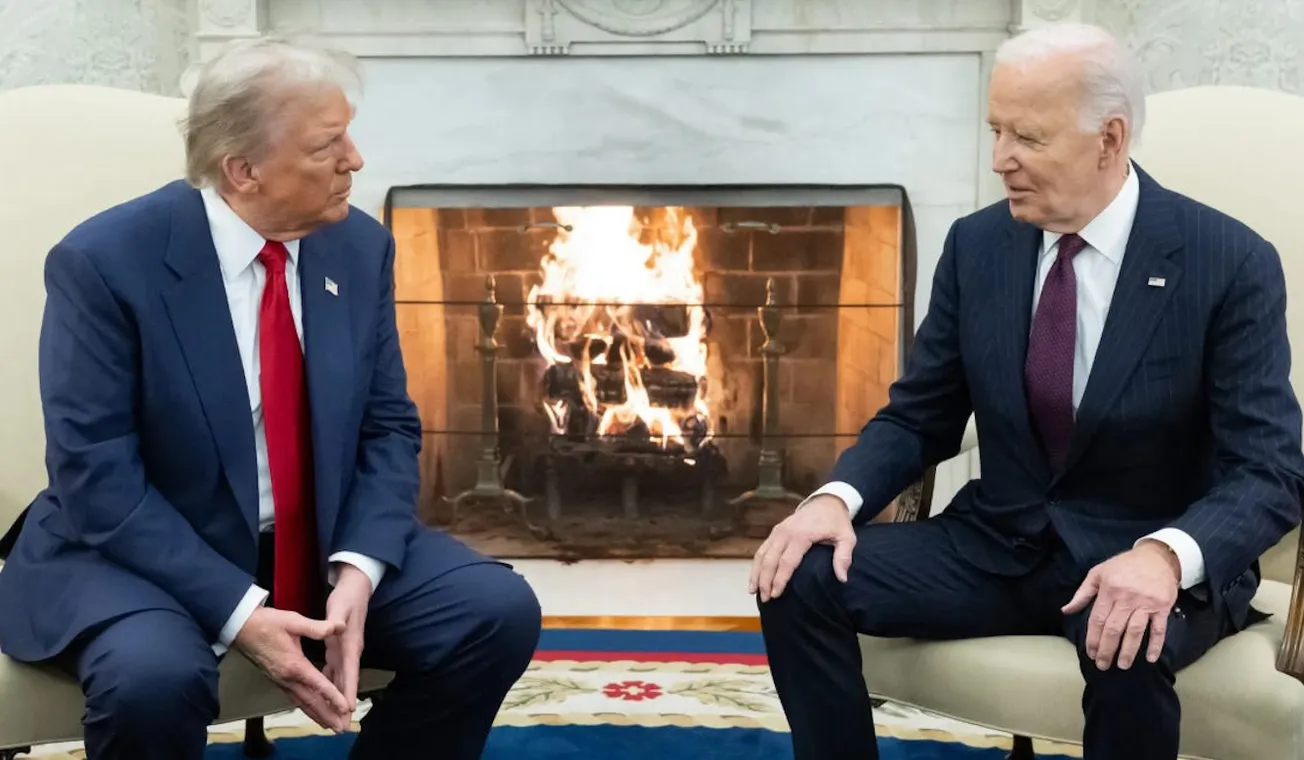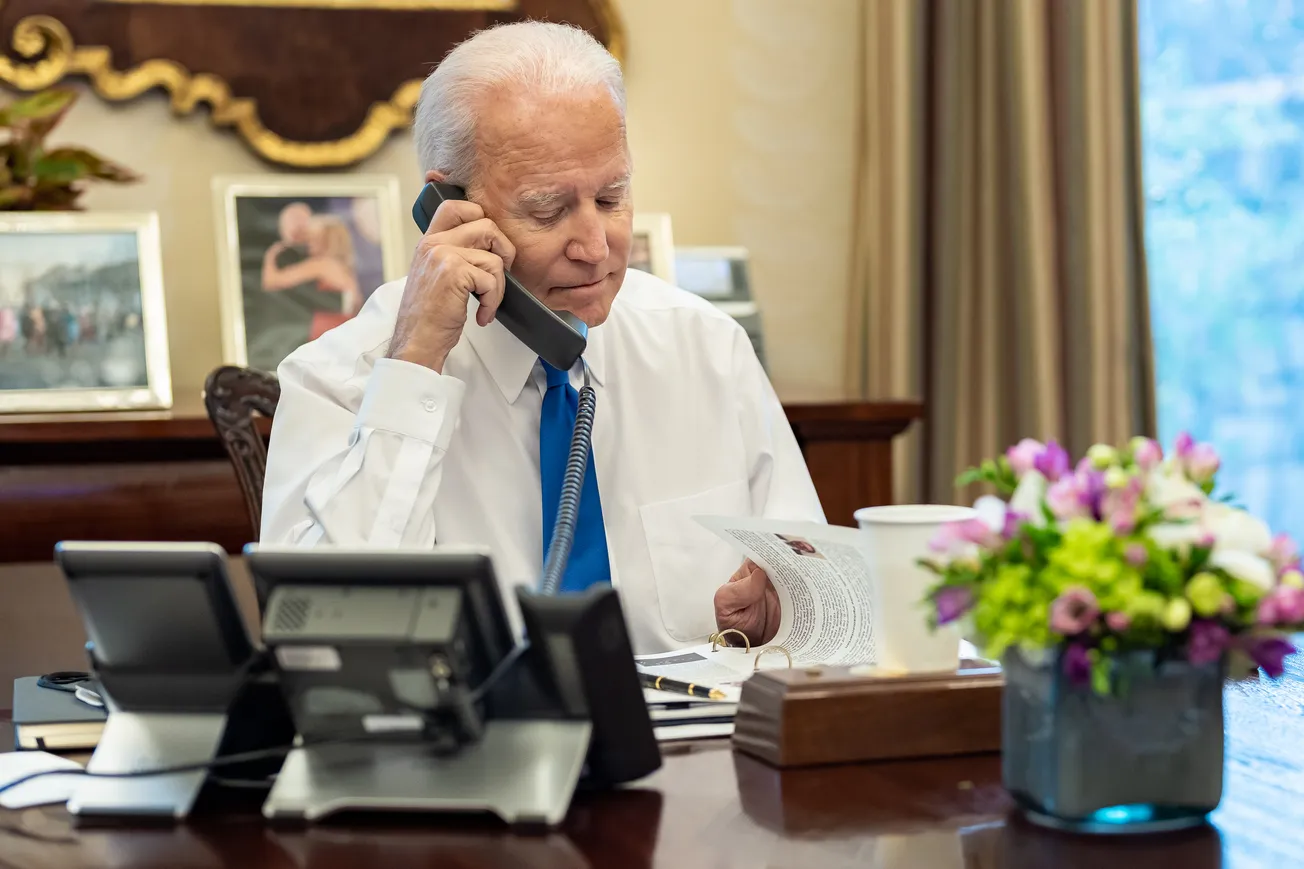By Steven Bucci via The Daily Signal | October 10, 2024
The Biden administration has turned to Japan repeatedly to bolster our national security, especially vis-a-vis China. But when it comes to allowing a Japanese company to acquire U.S. Steel, the administration seems to be conjuring up national security excuses to oppose it.
In response to Chinese aggression, the U.S. and Japan announced in April enhanced military cooperation between the two countries, including a joint command structure and a new missile-defense network.
President Joe Biden in April called it “the most significant upgrade in our alliance since it was first established” and a “new benchmark for our military cooperation.”
Biden and then-Japan Prime Minister Fumio Kishida also announced deals for sensitive technology, including artificial intelligence, and the accelerated development and commercialization of nuclear fusion.
Overall, our two countries struck about 70 new agreements on defense cooperation this year.
Separately, when the Biden administration identified Chinese-built cranes at U.S. ports as a national security risk, it turned to a Japanese company instead to produce these advanced cranes.
In other words, when the U.S. faces the most sensitive and challenging national security risks, it turns to its trusted ally Japan. Yet the Biden administration is reportedly poised to block a Japanese company from acquiring U.S. Steel on national security grounds—a move that reeks of political self-interest.
The administration sent Nippon Steel a letter saying the acquisition would undermine national security because it would supposedly reduce American steel production.
It’s no surprise that the Committee on Foreign Investment in the United States would come to such a conclusion after Biden openly stated his desire for the deal to be thwarted. It was a highly unusual decision that disregarded the independence with which the committee is supposed to conduct its review of foreign investments.
The idea Nippon’s investment would threaten national security is preposterous and ignores our countries’ deeply intertwined national security commitments. It also strains credulity that Nippon would reduce, rather than increase, steel production in the U.S. after making such a major investment.
The committee’s reported findings are especially suspect considering Nippon Steel already owns American steel companies, including Standard Steel in Pennsylvania and Wheeling-Nippon Steel in West Virginia.
Biden’s opposition comes from his fealty to labor unions, in this case the United Steelworkers. The union’s senior leadership opposes the deal, having aligned itself with Cleveland-Cliffs, a competing bidder. The latter has a cozier relationship with the union and offered about half as much as Nippon.
The administration has been candid with its Japanese counterparts, privately telling Japanese diplomats that the president’s opposition reflects his party’s need for the United Steelworkers’ support in the election.
It’s a concession that national security risks from the deal are negligible, but perceived political risks reign supreme.
U.S. Steel CEO David Burritt has acknowledged that without Nippon Steel’s significant investments, “thousands of good-paying union jobs” would be put at risk.
Nippon has pledged to invest $2.7 billion in U.S. Steel’s facilities, including $1 billion for its Monongahela Valley facility near Pittsburgh. That would keep the plants open that employ U.S. Steel workers, who would also benefit from Nippon’s promise not to impose any layoffs. It’s why rank-and-file U.S. Steel employees have broken with the USW leadership to support the acquisition.
But Biden and Vice President Kamala Harris would rather acquiesce to union executives than protect steelworkers’ jobs.
In her recent interview with MSNBC’s Stephanie Ruhle, Harris was asked about the lost jobs that would come from nixing the Nippon deal. She deflected and answered that it’s “most important that we maintain America’s ability to have American manufacturing of steel by American workers.” Of course, the best way to preserve American steel manufacturing is to ensure that U.S. Steel facilities receive investment, remain operating, and continue employing American workers.
Harris’ economic campaign plan says her administration would place “a special focus on rewarding reinvestment, retooling, and rehiring in long-standing steel and iron communities like those in Pennsylvania’s Mon Valley.” Yet when Nippon comes knocking with $1 billion in hand to invest, Harris would slam the door.
Harris said in her MSNBC interview that she understands “the importance of investing in new industries and working actively with the private sector to grow our economy.” Evidently, however, she and Biden do not.
Steven Bucci is a visiting fellow in the Phillip N. Truluck Center for Leadership Development.
Original article link









